I cannot imagine how the clockwork of the universe can exist without a clockmaker
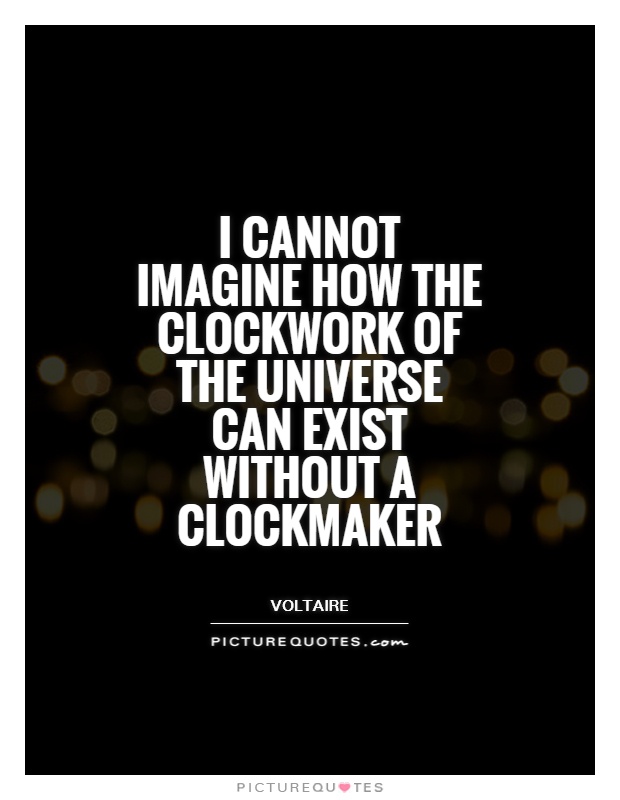
I cannot imagine how the clockwork of the universe can exist without a clockmaker
In the context of Voltaire, the statement "I cannot imagine how the clockwork of the universe can exist without a clockmaker" reflects his belief in the existence of a higher power or creator. Voltaire was a prominent figure of the Enlightenment period, a time when reason and rationality were highly valued. However, he also recognized the limitations of human understanding and the mysteries of the universe that could not be fully explained by science alone.Voltaire was a deist, meaning he believed in a higher power that created the universe but did not necessarily intervene in human affairs. He saw the universe as a finely tuned machine, with all its intricate workings and complexities pointing towards a grand designer. In his famous work "Candide," Voltaire explores the idea of a benevolent creator through the character of Pangloss, who believes that everything happens for a reason and that all is for the best in this best of all possible worlds.
For Voltaire, the idea of a clockwork universe without a clockmaker was inconceivable. He saw the order and harmony in the natural world as evidence of a divine intelligence at work. In his philosophical writings, Voltaire often grappled with questions of faith, reason, and the existence of God. While he was critical of organized religion and superstition, he maintained a deep respect for the mysteries of the universe and the possibility of a higher power.
Voltaire's belief in a clockmaker of the universe was not based on blind faith, but on a rational examination of the world around him. He saw the beauty and complexity of nature as a testament to the existence of a creator who had designed it all with purpose and precision. While he may have questioned traditional religious beliefs and dogma, Voltaire's faith in a higher power was rooted in his awe and wonder at the wonders of the natural world.

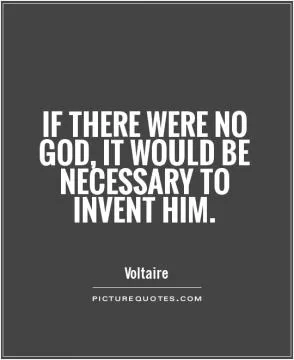


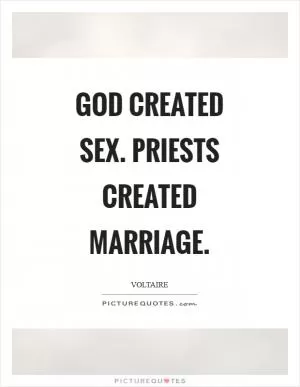


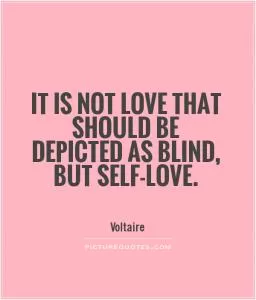
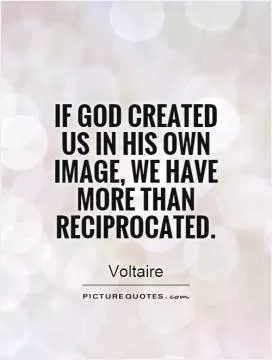
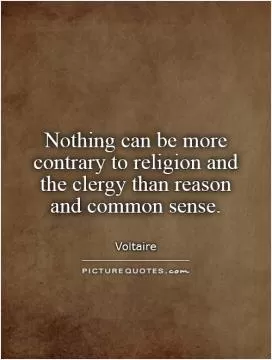
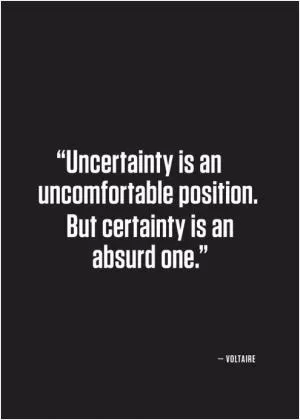

 Friendship Quotes
Friendship Quotes Love Quotes
Love Quotes Life Quotes
Life Quotes Funny Quotes
Funny Quotes Motivational Quotes
Motivational Quotes Inspirational Quotes
Inspirational Quotes